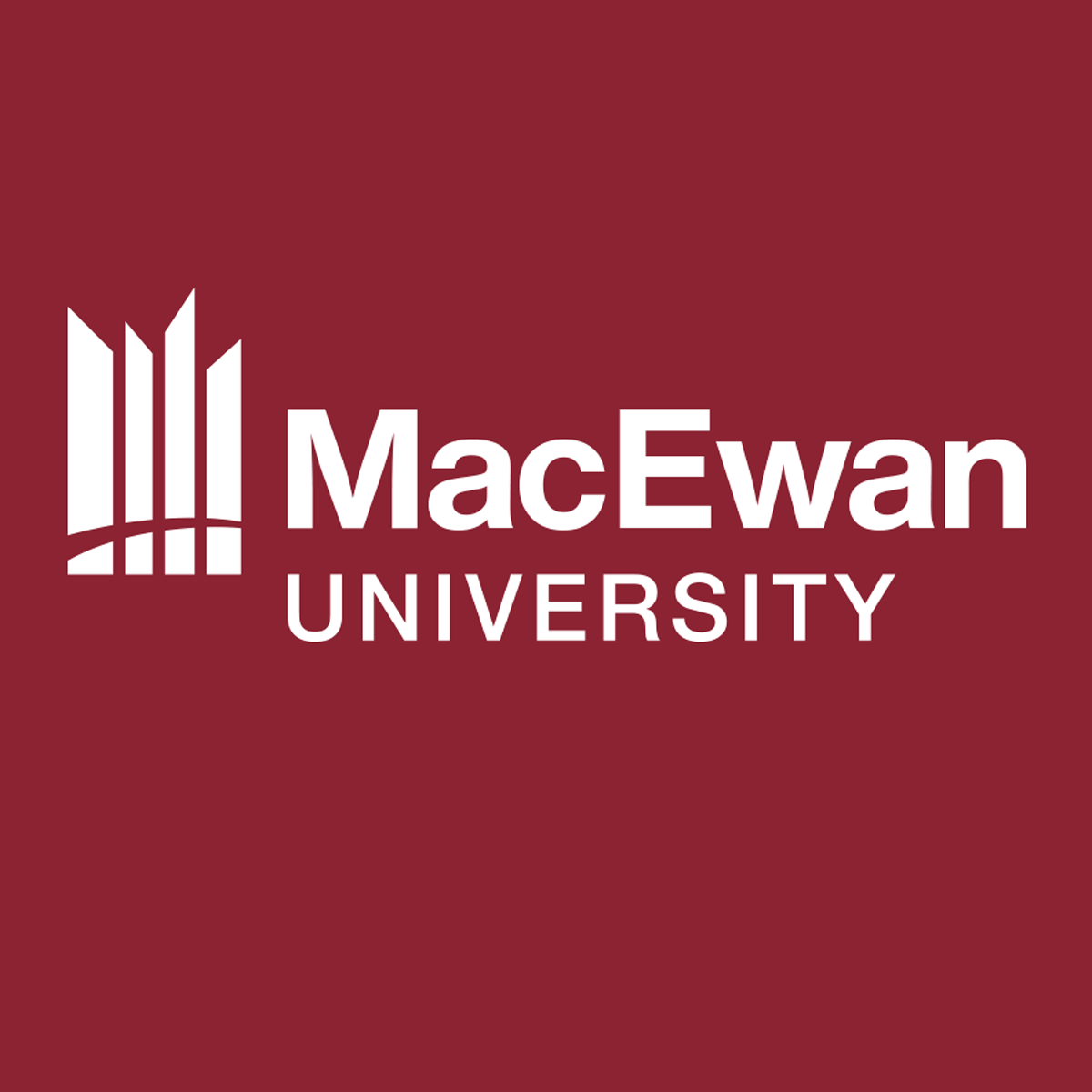- Location
- Edmonton, Alberta, Canada
- Portals
-
-
 Edmonton, Alberta, Canada
Edmonton, Alberta, Canada
-
Latest feedback
Experience feedback
Experience feedback
Experience feedback
Achievements
Recent experiences
WINL 301 - Summer Intake - Arts & Science Disciplines Placement Program
Students in their 3rd and 4th years can participate in these placements. Students will be from a wide degree of majors in the Bachelor of Arts and Bachelor of Science programs. You can expect students to have a solid foundation of knowledge in their program discipline and be capable of working at a fairly independent level (with mentorship and feedback regularly provided throughout the placement). Roles offered to students should reflect early-career level work for their discipline. Bachelor of Arts Majors include: anthropology, economics, English, history, philosophy, political science, psychology, sociology Bachelor of Science Majors include: applied statistics, biological sciences, chemistry, computer science, mathematical sciences, mathematics, physical sciences, psychology
POLS 495 - Political Science Field Placement
10943
Political Science Field Placement Program A political science field placement course offers students the opportunity to apply their academic understanding of political systems, public policy, and governance in real-world professional settings. Political science majors are well-prepared to contribute across a range of sectors, including public administration, non-profit advocacy, policy analysis, and international relations. During the placement, students bring strong research and analytical skills, an understanding of governance structures, and the ability to work both independently and collaboratively. Employers can expect students to provide valuable insights, adapt quickly, and bring fresh perspectives to policy and political challenges. Skills: Technical Skills: Policy analysis and research methodology Data analysis and visualization Understanding of governance, political theory, and legislative processes Soft Skills: Critical thinking and problem-solving for policy issues Effective written and verbal communication, particularly in public and policy contexts Team collaboration and project management skills, including deadline management and organization
ECON 401 - Economics Field Placement
Economics Field Placement Program The Economics Field Placement Program at MacEwan University gives students hands-on experience in applying economic theory and analytical skills within real-world professional environments. Economics majors are prepared to contribute across industries such as finance, public policy, market research, environmental economics, and data analysis. During placements, students bring strong quantitative, analytical, and problem-solving skills, an understanding of economic principles, and the ability to work independently and collaboratively. Employers can expect students to offer valuable insights, conduct data-driven research, and adapt quickly to sector-specific challenges. Skills: Technical Skills: Proficiency in economic modeling and quantitative analysis Data analysis and statistical software skills (e.g., Excel, SPSS, Stata) Ability to conduct market research and financial forecasting Soft Skills: Strong analytical thinking and problem-solving for economic and financial data Effective communication skills for presenting data and reports Team collaboration and project management abilities
Fall 2025 - Computer Network Security (CMPT 480)
This applied cybersecurity experience connects your organization with senior undergraduate students specializing in network security . Students work in small, self-directed teams to tackle real-world security challenges using professional-grade tools and techniques. Whether you're seeking to test system vulnerabilities, evaluate risks, or improve team awareness, these students will deliver practical, actionable insights—backed by current security best practices. Working under the guidance of a faculty member, each team will take ownership of a scoped project aligned with your organization’s needs, and report back with clear technical findings and strategic recommendations. How Students Will Support Your Organization Students will: Conduct security assessments to identify potential threats or weaknesses in your network or processes Simulate phishing attacks or evaluate employee response protocols to raise cybersecurity awareness Review and improve your organization’s monitoring or incident response setup Develop custom security training resources tailored to your team’s specific needs Provide technical recommendations based on current industry frameworks (e.g., NIST, CIS, ISO/IEC) Time Commitment 20 hours per student (approx. 80 hours per team of 4) Minimal time required from your team: 1 initial briefing call Optional mid-project check-in Final presentation and Q&A Student Capabilities Technical Expertise: Familiarity with industry tools such as Wireshark, Metasploit, Nmap, Nessus, and others Experience writing custom scripts and code to simulate attacks or analyze data Deep understanding of network protocols, encryption, and security standards Professional Skills: Project scoping, planning, and execution Team collaboration and stakeholder engagement Communicating technical risks and solutions to non-technical audiences
